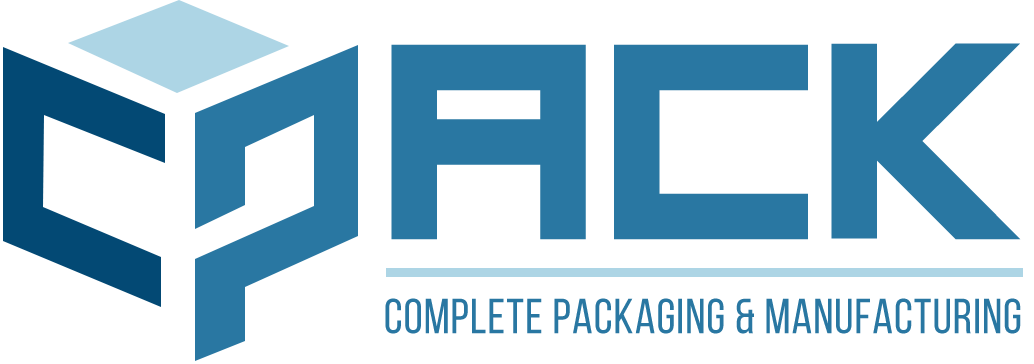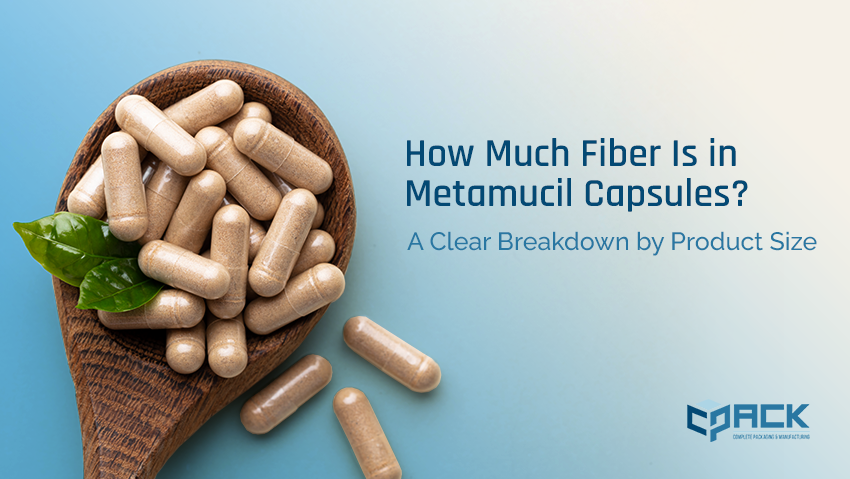In today’s world, supplements are everywhere. Walk into any health store or browse online, and you’ll find endless choices especially when it comes to protein powders and collagen supplements. Both Collagen vs Protein Powder claim to support your body, muscles, skin, and overall health. But what’s the real difference between collagen and regular protein powder? And more importantly, which one fits your personal health goals?
Let’s break it down simply so you can make the best choice for yourself.
What Is Protein Powder?
Protein powder is exactly what it sounds like: powdered protein that you can mix into shakes, smoothies, or recipes. Protein is a macronutrient your body needs to build muscle, repair tissues, and make enzymes and hormones. It’s essential for good health.
There are many types of protein powders:
- Whey Protein (the most common, made from milk)
- Casein Protein (also from milk but slower digesting)
- Plant-Based Protein (from sources like peas, rice, hemp, and soy)
People often use protein powders to:
- Build muscle
- Recover after workouts
- Meet their daily protein needs, especially if they are active or have a busy lifestyle
What Is Collagen?
Collagen is a type of protein too — but it’s very specific. It’s the most abundant protein in your body and acts like “glue” that holds everything together. It’s found in your skin, bones, tendons, and ligaments.
As you age, your body produces less collagen. This can lead to wrinkles, joint pain, and weaker bones. That’s why collagen supplements have become super popular, especially among people looking to:
- Improve skin elasticity (reduce wrinkles)
- Strengthen hair and nails
- Support joints and bones
Collagen supplements usually come as “collagen peptides” or “hydrolyzed collagen,” which are broken down into smaller pieces for easier absorption.
Key Differences Between Collagen and Protein Powder
| Feature | Protein Powder | Collagen |
| Main Purpose | Muscle building and recovery | Skin, joint, and bone health |
| Amino Acid Profile | Complete protein (all essential amino acids) | High in glycine, proline, and hydroxyproline (good for skin/joints) |
| Best For | Athletes, bodybuilders, general fitness | Anti-aging, joint support, beauty health |
| Common Sources | Whey, casein, soy, pea, rice | Bovine (cow), marine (fish), chicken collagen |
| Taste | Can vary (often flavored) | Mostly unflavored or mildly “neutral” |
How Do They Help You?
Protein Powder:
- Supports muscle repair after exercise
- Helps in building new muscle mass
- Can help with weight management (protein keeps you fuller longer)
- Good for people who don’t get enough protein through food
Collagen:
- Helps improve skin hydration and elasticity
- Reduces the appearance of wrinkles
- Supports joint and bone health
- May help strengthen hair and nails
In simple words, if you want bigger muscles, go for protein powder. If you want better skin and stronger joints, collagen might be your best friend.
Which One Should You Choose Based on Your Health Goals?

Let’s match them to different goals:
1. Building Muscle and Athletic Performance
Pick Protein Powder.
You need a full range of amino acids (especially leucine) to repair and build muscle. Whey protein is especially fast-digesting and ideal post-workout.
2. Better Skin, Hair, and Nails
Pick Collagen.
Collagen contains amino acids like glycine and proline, which are super important for skin health. Studies show that collagen supplements can help reduce wrinkles and improve skin elasticity over time.
3. Joint Pain and Mobility Issues
Pick Collagen.
If your knees, hips, or shoulders are feeling stiff or sore, collagen might help. It can help rebuild cartilage and reduce joint pain, especially in active people and older adults.
4. General Health and Wellness
Either One, Based on Your Needs.
If you’re generally healthy and just want to supplement your diet, both have their benefits. You can even take both, some people add a scoop of collagen in their morning coffee and a scoop of whey protein post-workout.
5. Weight Loss
Pick Protein Powder (but collagen can help too).
High-protein diets help you feel full and preserve muscle during weight loss. Protein powder is an easy, low-calorie way to boost your protein intake. Collagen also promotes fullness but isn’t a complete protein, so it’s better combined with other sources.
Can You Take Both Together?
Yes, absolutely!
They serve different purposes, and there’s no harm in combining them. For example, you could:
- Add collagen to your morning coffee (many brands dissolve well in hot liquids)
- Drink a protein shake after your workout
This way, you’re supporting muscle recovery and giving your skin and joints a little extra love.
Just remember: supplements should add to a healthy diet, not replace it. Make sure you’re also eating a balanced diet full of whole foods.
Things to Keep in Mind Before Choosing
- Check Ingredients: Some protein powders and collagens have added sugars, flavors, or fillers. Always read the label.
- Know Your Allergies: Whey and casein come from milk. Some collagen supplements come from fish. Always check if you have allergies.
- Be Patient: Especially with collagen, you may need to take it for a few months before seeing visible results.
- Talk to a Doctor: If you have any medical conditions or are pregnant, it’s best to check with your doctor before starting new supplements.
Final Thoughts
Both collagen and protein powder have their place in the world of health and fitness. It all comes down to your personal goals.
- Want to lift heavier, run faster, and grow stronger muscles? Protein powder is your go-to.
- Want smoother skin, healthier joints, and stronger nails? Collagen might be what you need.
Or, if you’re like many people today, you might choose both, giving your body the best of both worlds. Listen to your body, stay consistent, and remember: true health starts with good food, regular movement, and taking care of yourself from the inside out.





